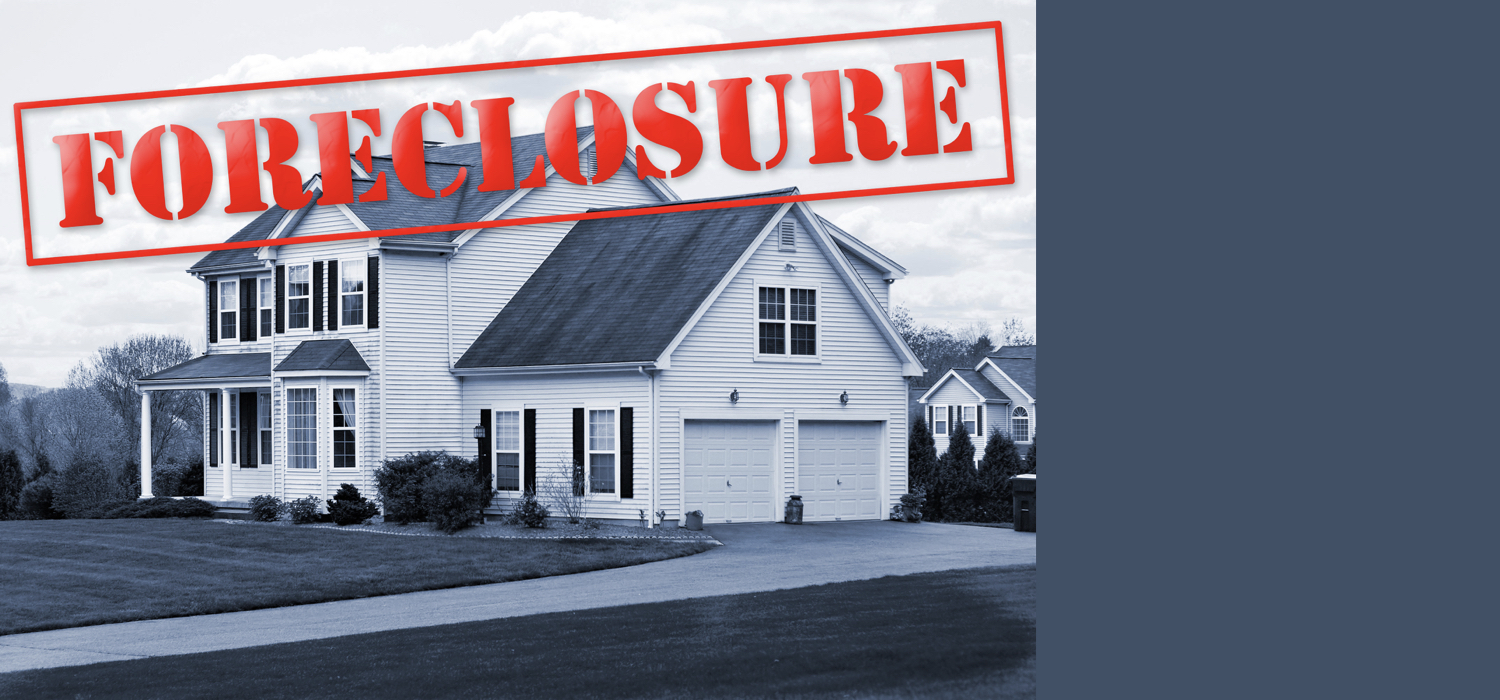Here are four ways reverse mortgage professionals can fight back against a dishonest and lazy media that skewers and mischaracterizes reverse mortgages.
Continue readingRamsey Solutions is NOT spot-on when it comes to reverse mortgages
Could DOGE (The Department of Government Efficiency) spell the end of the CFPB and partially defund HUD? Will the incoming Trump administration use a hatchet or a scalpel when cutting the size of government?
Continue readingSix Ways to Avoid the Holiday Slump
There are two types of reverse mortgage stories you’ll likely never see in the media. What are they and how can we improve the accuracy when reporting about reverse mortgages?
Continue readingThe Stories You’ll Never See
There are two types of reverse mortgage stories you’ll likely never see in the media. What are they and how can we improve the accuracy when reporting about reverse mortgages?
Continue readingConfronting HECM Fiction: Harlan Accola
Join us for the final installment of our interview with Harlan Accola who penned a column in NASDQ fact-checking Dave Ramsey’s erroneous reverse mortgage claims.
Continue readingThe Man who fact-checked Dave Ramsey
What if the advice financial commentators give about reverse mortgages is simply wrong, misleading, or even worse leaves the audience in a worse standing?
Continue readingCan a Foreclosure Occur with a Reverse Mortgage?
As a mortgage professional, I worked nights and weekends as a housing counselor during the financial crisis. Foreclosures are scary and heartbreaking, and I will admit to crying with clients when their only option was to pick up boxes behind the grocery store and find any friend with a truck. No, these were not reverse mortgage borrowers. They were homeowners with subprime loans, option arms, and even traditional 30-year fixed-rate mortgages. In fact, it was the reverse mortgage that prevented innumerable foreclosures and bankruptcies during this difficult time. The experience of saving countless homeowners from this misery changed my life forever.
The cases mentioned in the recent USA Today article were tragic. However, the article fails to recognize that not all foreclosures are equal, and there are no easy solutions when retirees need to access housing wealth to survive.
So, can a foreclosure occur with a reverse mortgage?
The short answer is yes. ANY homeowner or estate can lose a home for various reasons. While the media sensationalizes this as “news,” they haven’t taken the time to understand reverse. But as ridiculous as this sounds to the novice, there are ACCEPTABLE foreclosures from the borrowers’ (and the heirs’) point of view.
Consider Susan, who after the after the death of her father decided to “walk away” from the property she inherited. That’s okay. Susan is protected by the “non-recourse” feature that guarantees her right to do this… with no recourse, even if the loan balance far exceeds the value of the property. While this type of foreclosure is often vilified by the media, it was a very favorable financial transaction for Susan’s father, and a non-recourse foreclosure was ACCEPTABLE to Susan.
When we think of foreclosure, we naturally think of the most common reason traditional (forward) loans end in foreclosure – failure to make the required monthly mortgage payment. Of course, that wouldn’t make sense with a reverse mortgage that carries no monthly repayment obligation. So, it’s understandable why homeowners, their heirs, and the media are often confused when they see that reverse mortgage foreclosures happen from time to time.
WHY WOULD A REVERSE FORECLOSURE OCCUR?

While reverse mortgages don’t require a monthly principal and interest mortgage payment during the life of the loan, there are other borrower obligations contained in the reverse mortgage loan agreement. The borrower has agreed to occupy and maintain the home, as well as pay all property-related charges. Failure to do these things will cause the loan to mature. When a loan maturity event happens, the borrower (or their heirs) will often sell the home to pay off the loan balance.
For example, when the last surviving borrower leaves the home for 12 consecutive months for mental or physical incapacity (e.g. nursing home or assisted living), that is a maturity event. The borrower or their heirs will often notify the lender of their intentions to sell the property. The lender will then allow them 6 months to sell the home and HUD generally approves two 3-month extensions for up to one year.
If no action is taken to sell the home, the lender will need to foreclosure on the home, handling the sale themselves so that the loan can be repaid.
The following are two common reasons reverse foreclosures occur:
- No equity remains at loan maturity
When the loan balance exceeds any reasonable sales price of the home, the estate has no economic incentive to sell the home on their own. Fortunately, all reverse mortgages are “non-recourse” loans. Nevertheless, foreclosure is the mechanism that conveys title to HUD (or the Lender) so the home can be sold to pay off at least a portion of the loan balance.
- A property tax default occurs
Failure to pay property taxes will almost always result in foreclosure. This is true whether the homeowner has a reverse mortgage, a traditional mortgage, or no mortgage at all. However, the lender is the major lien-holder on the home and is required by federal guidelines to foreclose on the property for most reverse mortgages.
Keep in mind, a reverse mortgage naturally allows the homeowner access to funds, which should theoretically REDUCE the likelihood that a borrower will default on their obligations. But with the increased financial pressures of retirement, we cannot always guarantee that homeowners will keep funds in reserve.
PROPERTY CHARGE FORECLOSURES ARE DOWN DRAMATICALLY!
While nothing can be done to keep people from the grave, two measures were implemented by HUD over the last six years that have been helpful in reducing the numbers of foreclosures caused by tax defaults – Initial Disbursement Limits and Financial Assessment.
Initial disbursement limits were implemented that restrict the consumption of proceeds for the first year of the loan. Unless the borrower has large mortgage payoffs that necessitate higher draws, the borrower may be initially limited to 60% of their funds. As a result, borrowers now keep a portion of their proceeds in a growing line-of-credit available for future emergencies.
Financial Assessment requires the lender to examine the credit history, property charge history, and residual income for one primary reason – to determine whether the reverse mortgage is a sustainable solution for the borrower. To ensure sustainability, some borrowers are now required to set-aside a portion of the proceeds to pay property charges.
These two changes have reduced the number of reverse mortgages nationwide but has also reduced the number of foreclosures.
Yes. Foreclosures can happen, and they will continue to occur. Remember, Susan walked away because her father consumed more available funds during his retirement than the home was eventually worth. For more information on all forms of reverse mortgage product offerings, consider buying the reverse mortgage resource consumers and finance professionals use – Understanding Reverse.
Dan Hultquist, MBA, CRMP
Dan Hultquist is Vice President of Organizational Development at Finance of America Reverse (FAR), the largest wholesale provider of reverse mortgages. He has spoken nationally on the topic of Reverse Mortgages, and his training sessions have exceeded 25,000 in attendance over the last decade. He is a Certified Reverse Mortgage Professional (CRMP), and co-chairs the Education Committee for the National Reverse Mortgage Lenders Association (NRMLA). He also teaches continuing education courses that serve as annual requirements for CRMPs. Dan is a Penn State graduate and obtained an MBA from Kennesaw State University. He lives outside Atlanta with his wife and 3 children.
All that USA Today got wrong about reverse mortgages
A rebuttal to USA Today’s recent expose/editorial on reverse mortgages
If there’s one thing many media outlets practice it is selective reporting of facts, willful omission, dividing Americans by race or economic class, and fear-mongering to garner clicks to increase ad revenues. Such are the criticisms that come to mind when reading USA Today’s most recent expose on reverse mortgages. Sadly such journalistic practices are not uncommon…
HECMS: A Risky Proposition?
Ken Fisher (‘the I hate annuities” guy) says reverse mortgages are a risky proposition. What about seniors with little retirement savings?
“I hate annuities. We don’t sell annuities. I would die and go to hell before I would sell an annuity”. Those words may sound familiar If you’ve seen Ken Fisher’s television ads or heard his radio spots for Fisher Investments. Recently he penned a national column for USA Today- “Considering reverse mortgages? Better to reverse course on this risky choice”. Is Mr. Fisher an expert on reverse mortgages?
Not Surprised
The media is inaccurate, misleading and selective in reporting the facts? What’s new. The Consumer Financial Protection Bureau’s recent release of it’s report on reverse mortgage complaints was seized upon by both the media and so-called consumer advocate groups. Surprised? No. Damaging? Possibly.
Continue reading










